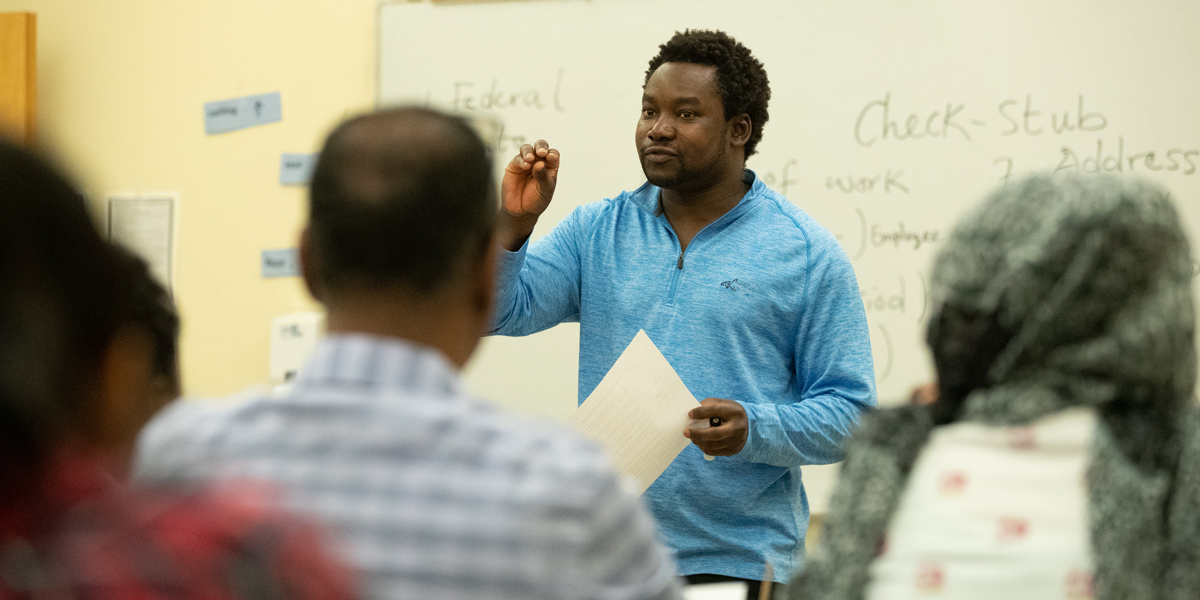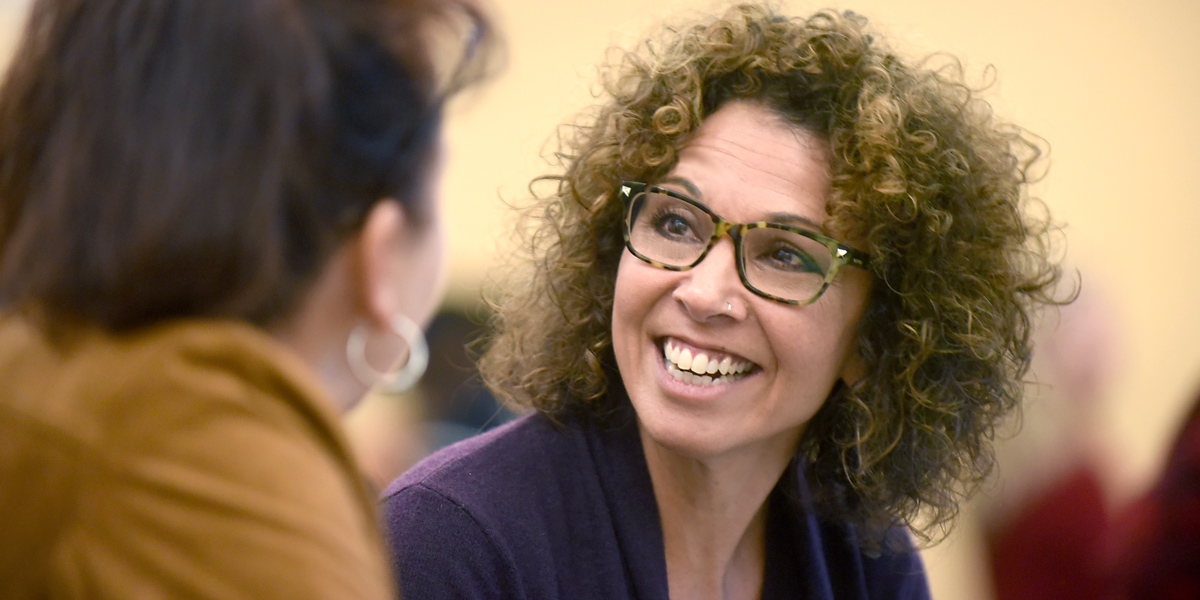For the past several years, the Foundation has created a space for staff and board members to connect on and discuss topics related to diversity, equity, and inclusion (DEI). Many topics are difficult or uncomfortable to address, like racism, whiteness, systems of oppression, and so on.
We’ve been working with consultants and each other to understand our place in—and how to confront—inequitable systems. Naturally, these engagements aren’t always easy. A diverse staff brings diverse worldviews. But the need for racial equity calls for these conversations, and having them can take courage.
We also want to follow through with action and understand the ways in which whiteness is privileged, internally and externally.
Last year, several staff formed a reading group around the book Me and White Supremacy, which helps identify the impact of a culture based on the dominance of whiteness (white supremacy) on people’s lives. Staff were able to share about what they’d been taught growing up, what they were learning now, and what needed to be unlearned.
Opportunities like the book circle help us to broaden our worldviews—to be open to learning (and unlearning) and working differently. To advance racial, social, and economic justice takes courage with every step we take forward.




